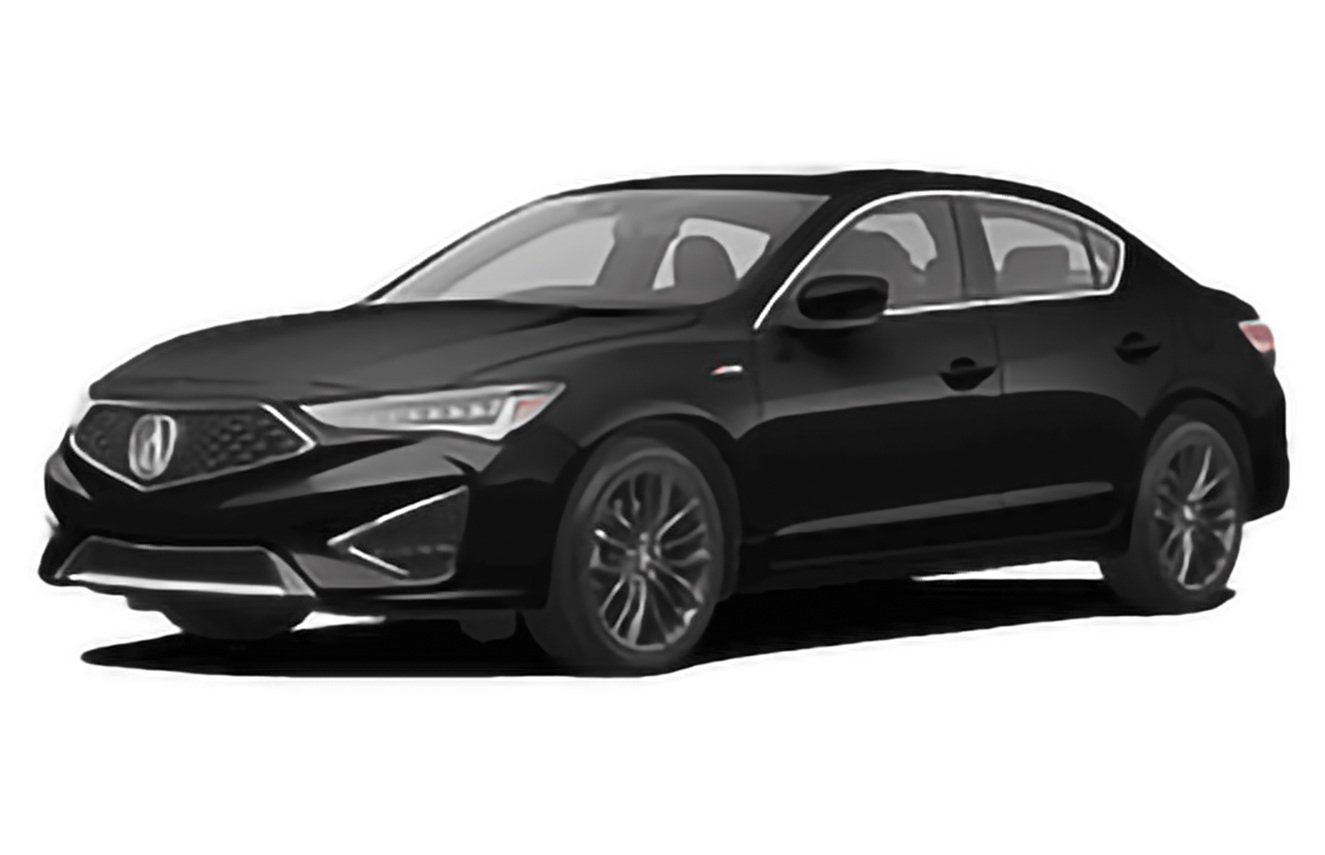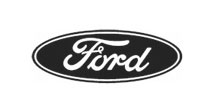To Lease or Buy? That is the Question.
In this violent market cycle, many are concerned with how and where to invest their money. Other than the usual questions that falls on the money discussion table, two or more questions concern automobile purchases. Is buying better than car leasing?If buying makes more sense, is a loan better than cash?
Some people dislike car leasing because of the idea that they are making monthly payments for years and having nothing to call their own at the end of the lease term. However, in certain cases, car leasing can be more practical and inexpensive as opposed to buying. Most people prefer car leasing since it allows them to drive a better car that they normally can't afford to buy.
Below are some questions you'll need to ask yourself before deciding as to whether car leasing or buying suits you best.
- Will you be using the car for business or personal purposes? Leasing typically will give you a larger tax deduction than the maximum depreciation deduction on a purchase.
- What will be the proposed monthly payment for a car lease vs. a loan? Is the dealer offering low interest financing? If you qualify for a zero percent or low rate loan, buying might be cheaper.
- Do you have cash for a down payment and/or the full purchase price? How much? Leases typically require low down payments; both loan and lease payments will be lower if you make a larger down payment.
- What rate of return could you earn on those assets? This is the opportunity cost of paying cash for your car. If the loan or lease interest rate is higher than your projected investment return, and if you have the cash available, buying outright might be preferable.
- What is your credit rating? You might think a poor credit rating would hurt you equally whether you lease or buy, but you'd be wrong. Because the lender assumes a greater risk for a lease than a loan, a poor credit rating might force you into a higher loan rate, but it might also mean you can't qualify for a lease at all.
- What is your usual annual mileage? Car leases are typically calculated for a maximum of 10,000 or 15,000 miles per year. If you exceed the limit, you will have to pay an excess mileage charge, which might cancel out any financial advantage the lease may have. It is possible to build additional miles into the lease, but your monthly cost will be higher.
- How well do you maintain your vehicles? Lease agreements require you to adhere to service requirements. Also, if you return a leased vehicle in poor condition, you will be charged for an excess wear and tear.
- How long do you usually keep your cars? If you like to replace them every few years, a lease might be the better choice. If you keep your cars for several years until they fall apart, a purchase will be your best choice.
- What is the lease factor to calculate your lease payment? With a lease, you are paying for only the depreciation on your chosen vehicle. The residual value of the car is subtracted from the purchase price, and the difference is multiplied by an interest rate factor to arrive at the monthly lease payment. To determine whether the payment is more economical than a car loan, multiply the lease factor by 2400 and compare the result against a comparable auto loan to determine whether the rate is reasonable.



